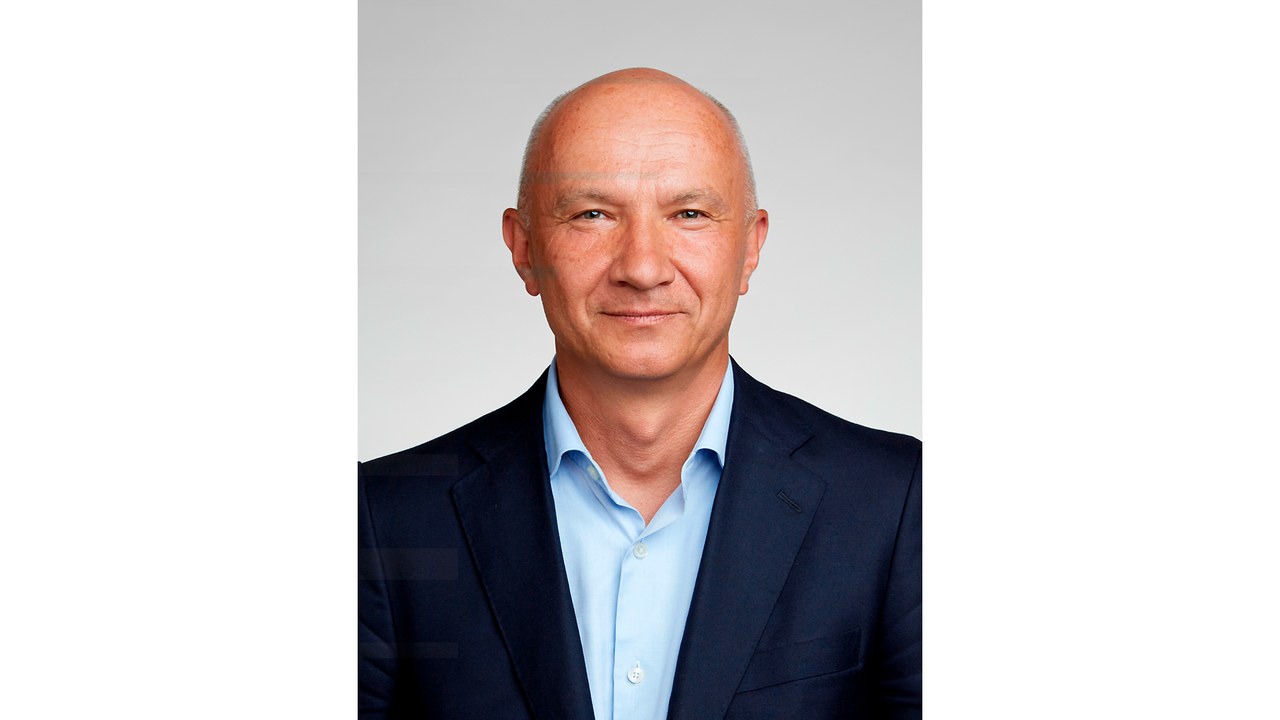Artur Ekert: Bell inequalities: From Curiosity to Security
Colloquia
- Speaker
-
Artur Ekert
Merton College, University of Oxford - When
-
2024/03/07
16:00 - Place
- DIPC Josebe-Olarra Lecture Hall
- Add to calendar
-
iCal

Bell inequalities's journey from rags to riches of quantum theory was a long one. Proposed by John Bell in 1964, the inequalities were designed to check whether quantum theory, with its inherent statistical predictions, is a complete description of physical reality or whether it is just a provisional construct, with an underlying hidden structure which, once discovered, would offer precise predictions. The subsequent pioneering experiments of outliers, such as John Clauser (1972) and Alain Aspect (1982), showed that Bell's inequalities can be violated. However, these experiments were barely noticed at that time. Quantum theory is admittedly strange, but it worked and the research community just carried on using it in an instrumental way, making successful statistical predictions while avoiding anything related to their interpretations. Bell inequalities were viewed as a philosophical topic with no practical value and hence not worthy of the attention of serious scientists. When Bell inequalities snagged my imagination, I was just a PhD student with nothing to lose. In 1991, I reformulated Bell inequalities as the test for eavesdropping in cryptography, paving the way for the most secure communication systems to date, known as the device independent quantum key distribution. The new narrative around Bell inequalities created an additional motivation to close all possible loopholes in the previous experiments. In the new context it seemed reasonable. Nature would have to be very malicious if it were to cheat selectively; on locality in some experiments and exploring detection loopholes in some others. In contrast, an eavesdropper has all the rights to be malicious. Closing the loopholes posed an experimental challenge but gradually, due to the efforts of several experimental groups, to mention only those of Anton Zeilinger (2015), the loopholes were closed and device independent cryptography became a realistic experimental proposition. Cryptography offered a lifeline to quantum foundations and in return the experimental tools developed to pursue esoteric philosophical questions gave cryptography unprecedented security. The curiosity and perseverance of the few brave souls who made this happen (and who are still alive) were finally rewarded with the 2022 Nobel Prize in Physics.
About the speaker
Artur Ekert is a British-Polish professor of quantum physics. He is one of the founders of the field of quantum information theory and has made seminal contributions to various aspects of the field, especially to quantum cryptography, error correction, computation, and entanglement theory. In 1998 he was appointed professor of physics at Oxford, in 2002 he moved to the University of Cambridge, and in 2006 he became the founding director of the Centre for Quantum Technologies in Singapore. In 2020 he joined the Okinawa Institute of Science and Technology in Japan. He has received various awards, among them the Maxwell Medal and Prize (1995), the Hughes Medal (2007), and the Micius Quantum Prize (2019). He is Fellow of the Royal Society, and the Singapore and Polish National Academies.
